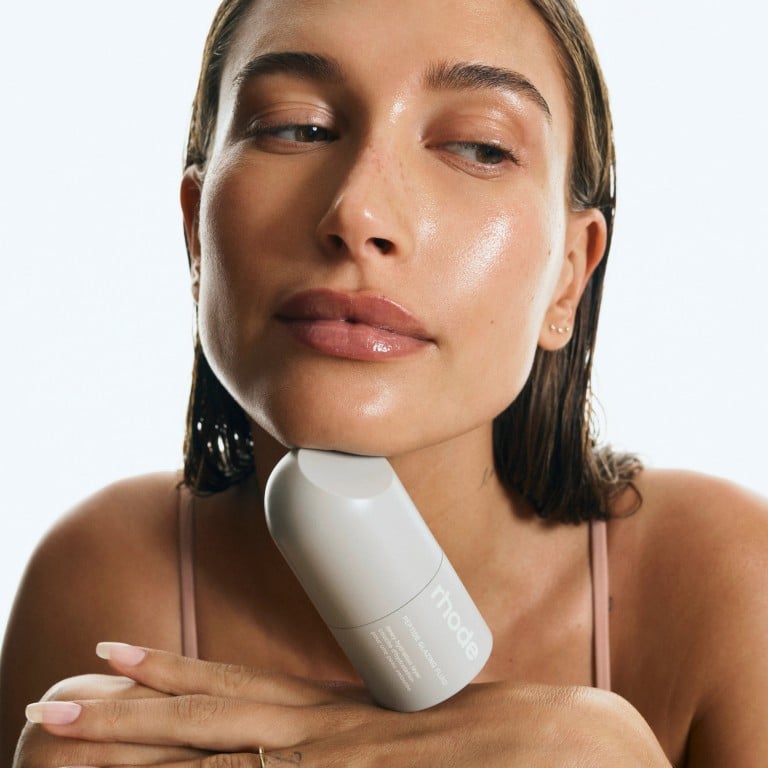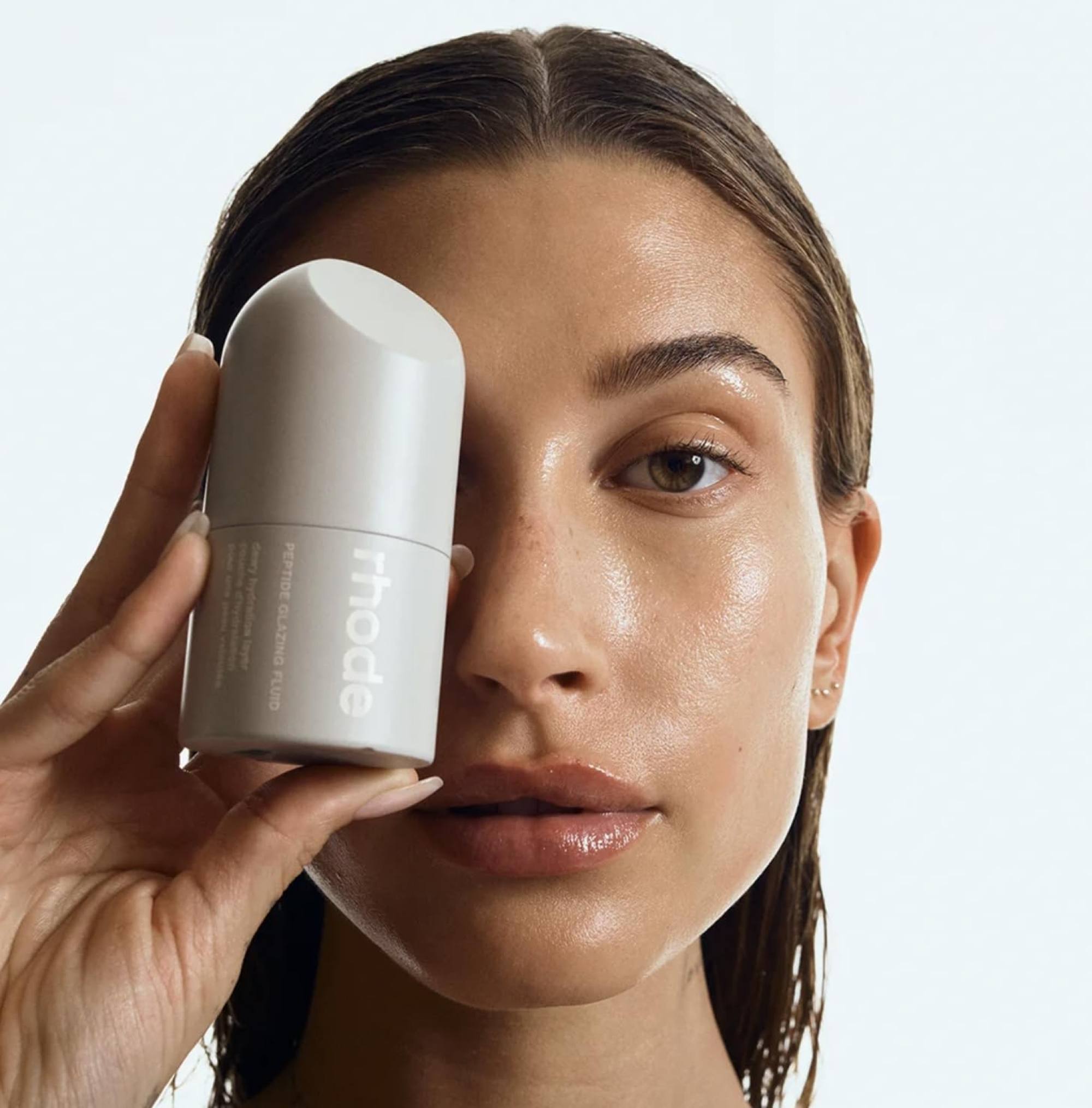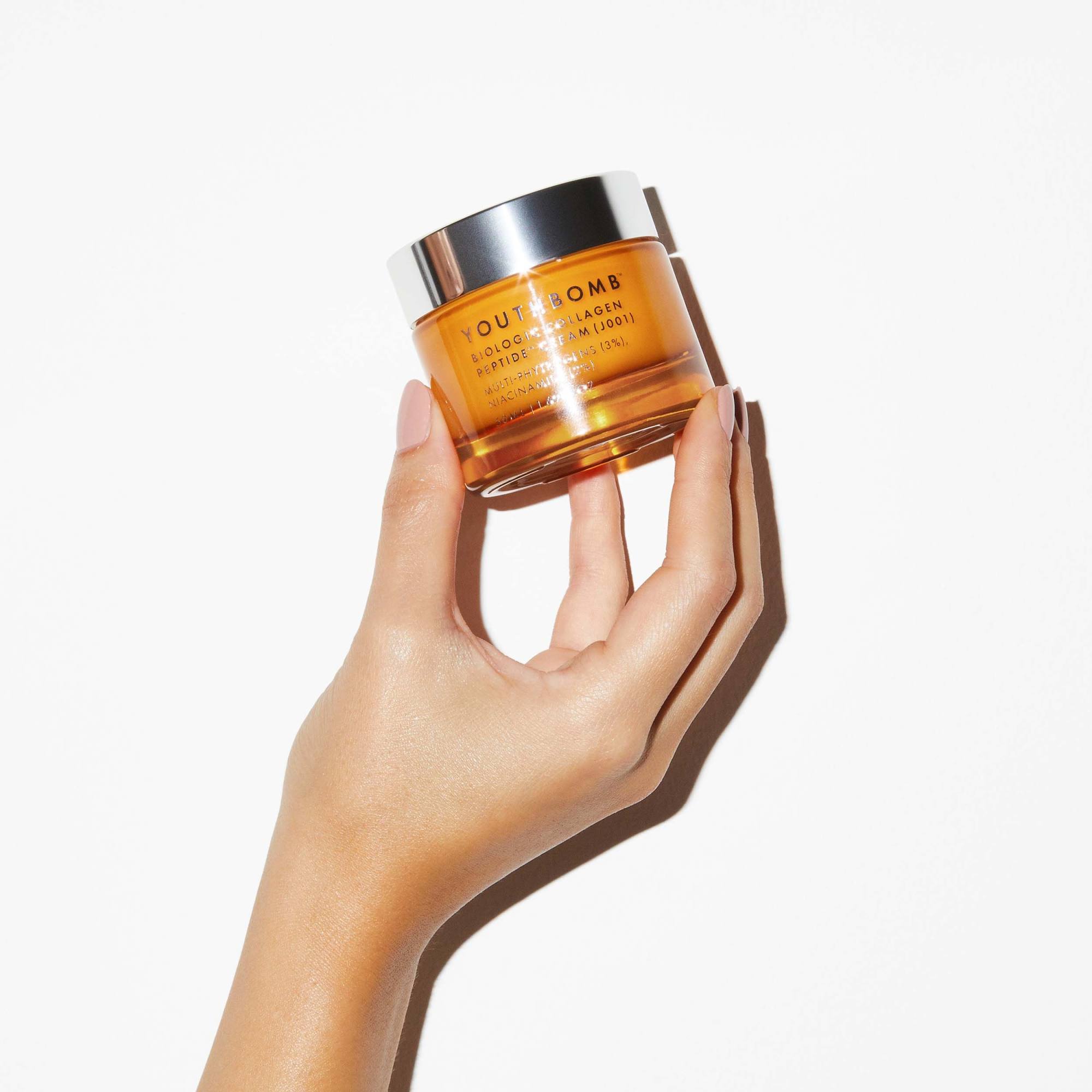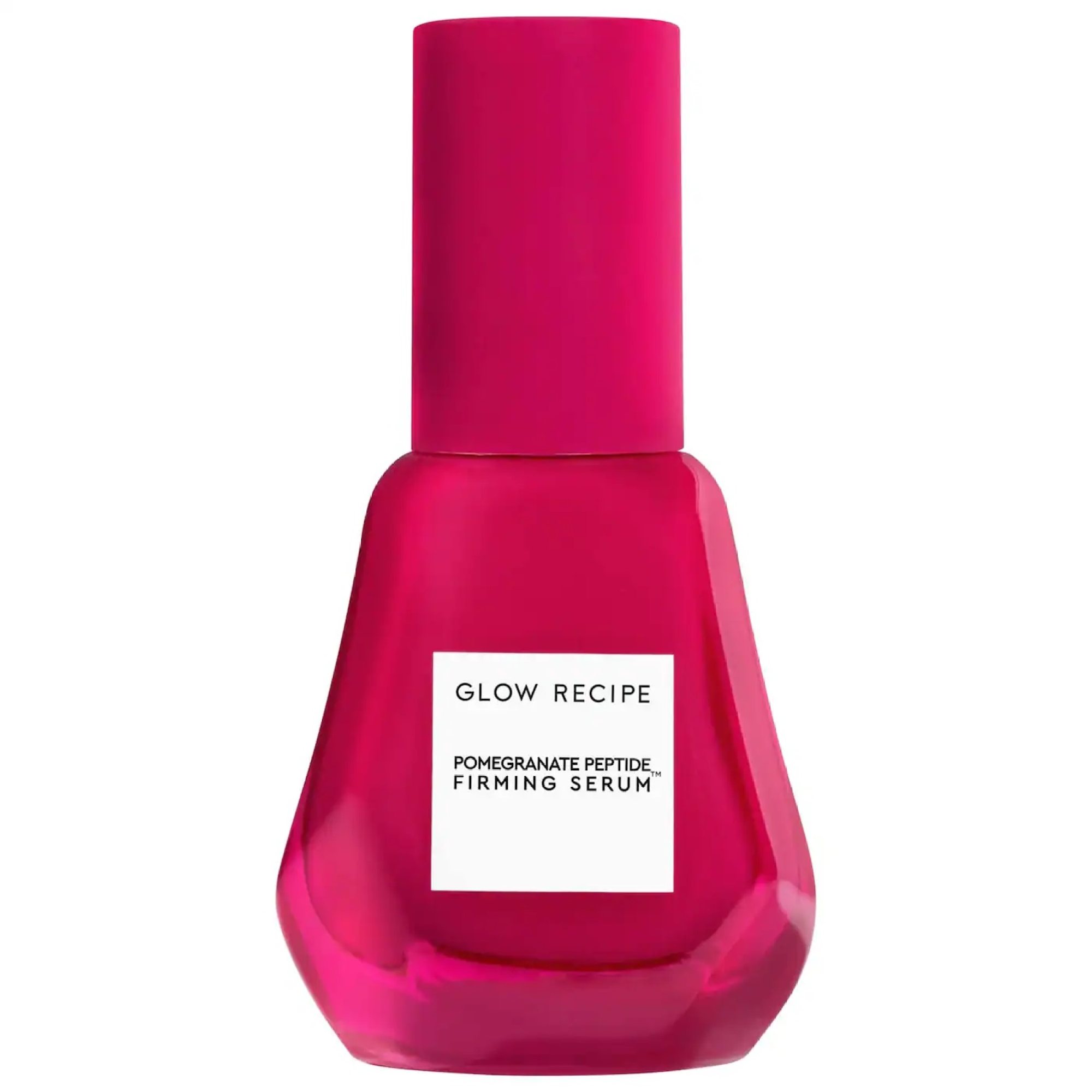What are peptides in skincare and why is Hailey Bieber a fan? These mighty molecules boost collagen production and reduce inflammation – but there’s one active ingredient they’re incompatible with ...

What are peptides?

These minuscule compounds deeply influence the skin’s health and structural composition. “In biological terms, peptides act as messengers, transmitting crucial signals that regulate cellular activities, forming a chain with specific functions,” says Keiko Negishi, aesthetician and skin therapist at New York-based Fild Studio.
How facial acupuncture and retinol reduce wrinkles: Master Ruth TCM secrets

What are their benefits?
Hydration, a cornerstone of healthy skin, is another crucial benefit that peptides bring. Negishi explains that some peptides can enhance moisture retention, “ensuring your skin stays supple and well-nourished while fighting against dryness”. Additionally, by fortifying the skin’s natural moisture barrier, peptides contribute to a radiant and dewy complexion.
5 new FDA-approved fillers to try – from injectables to topical solutions

How to use them properly
This property of peptides means you can usually maintain your existing routine while adding them in. When it comes to a potent active ingredient like retinol, for instance, a peptide moisturiser can help fortify the skin’s barrier. Caution is recommended in the case of alpha hydroxy acids, however, as these may diminish the effectiveness of topical peptides.

- Short chains of amino acids – the building blocks of proteins – peptides work at the cellular level to regulate biological processes that ensure the skin’s vitality … and Hailey Bieber is such a fan her brand Rhode offers a Peptide Glazing Fluid
- Peptides are compatible with various skincare products, working harmoniously with active ingredients like hyaluronic acid, vitamin C and retinol – but AHAs can compromise their efficacy